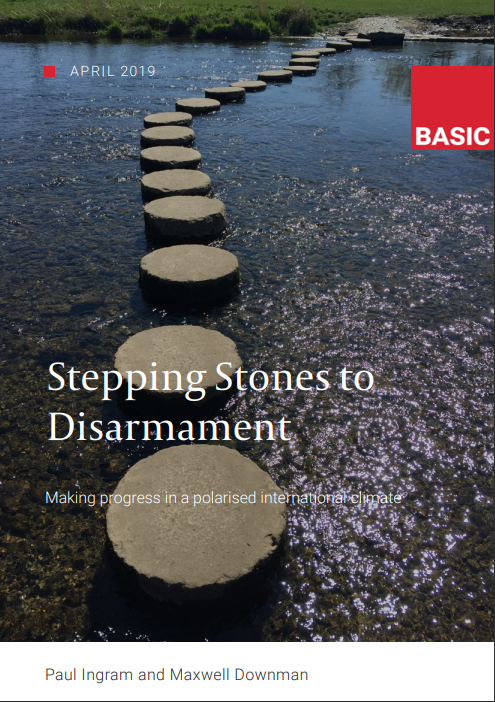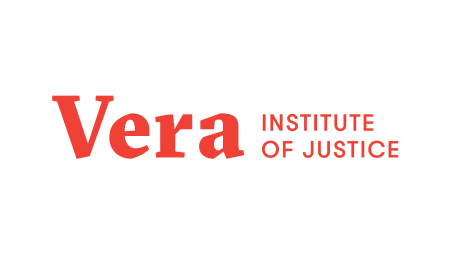The report proposes a flexible strategy, the Stepping Stones Approach, for successful nuclear disarmament. It advocates a gradual process, widely supported among EU members, to address the crisis in nuclear arms control, non-proliferation, and disarmament. It underscores the necessity of revitalizing the arms control and disarmament regime amidst global challenges. Despite lacking formal competence, it recognises the European Parliament’s influential role in supporting nuclear arms control. It offers insights into the current nuclear arms crisis and proposes recommendations for enhancing global security.
Overview
The Stepping Stones Approach
Acknowledges the complexities of international nuclear disarmament, understanding that national security drives nuclear postures more than global opinion. Regardless of power debates, nuclear-armed states continue to value the deterrent and stability offered by these weapons. Further, the Stepping Stones Approach promotes international cooperation and inclusivity, strategically guiding nuclear states from arms races towards a less nuclear-dependent security posture. Doing so supports a gradual disarmament process and capacity building for further disarmament steps.
The Stepping Stones Approach, unlike traditional methods, is dynamic and doesn’t demand significant mutual sacrifices. Each step gradually enhances trust and capacity for nuclear disarmament while lessening risks. This approach, not requiring strategic sacrifices, stands apart from rigid disarmament methods that could face resistance due to perceived threats.
It should be understood that the Stepping Stones Approach isn’t a standalone alternative to existing disarmament mechanisms. Instead, it serves as a complementary method to fulfil objectives like those in the Nuclear Non-Proliferation Treaty (NPT). Fostering inclusivity and adaptability encourages diverse perspectives and engagement beyond nuclear-weapon states.
Context Demands Innovation
Addresses the changing dynamics and challenges in nuclear disarmament, underscoring the need for innovative strategies. It acknowledges that traditional disarmament methods may not fully overcome the obstacles hindering nuclear non-proliferation efforts. Subsequently, the section proposes creative solutions for the evolving dynamics of nuclear politics. Importantly, it emphasizes the need for new ideas and methods to manage geopolitical interests, security issues, and technology developments shaping the nuclear disarmament discourse.
The section underscores the need for flexible and adaptable disarmament strategies. With diverse perspectives and security considerations, conventional methods may fall short. Hence, innovative strategies promoting dialogue and cooperation are critical to the progress of nuclear risk reduction and disarmament. It emphasises the need for innovative cooperation in disarmament, incorporating emerging technologies, non-traditional stakeholders, and inclusive dialogue for creative solutions to propel the disarmament agenda.
Prospective Stepping Stones
The Swedish Government has proposed a framework to aid nuclear disarmament. It outlines four fundamental principles, each targeting specific aspects of disarmament. They aim to reduce the role and risks of nuclear weapons incrementally.
- Reducing the Salience of Nuclear Weapons: aims to reduce the focus on nuclear weapons in national security strategies. It promotes shifting from nuclear deterrence to alternative security paradigms by advocating less reliance on nuclear capabilities in military doctrines.
- Rebuilding Habits of Cooperation: highlights the importance of building trust and collaboration among nations. It encourages initiatives and dialogue on disarmament, fostering mutual understanding and shared responsibility, setting the stage for future agreements.
- Reducing Nuclear Risks: seeks to create a safer, more stable international security environment by mitigating the dangers and uncertainties of nuclear weapons. It proposes measures to enhance nuclear security, prevent unapproved use, and reduce the chances of nuclear conflicts.
- Enhancing Transparency: emphasizes openness and accountability in nuclear weapons and technologies. It advocates for increased transparency about nuclear arsenal size, fissile material control, and technology advancements, aiming to build state confidence and trust in disarmament processes.
These stepping stones, aligned with international agreements like the Nuclear Non-Proliferation Treaty (NPT), provide a pragmatic approach to nuclear disarmament. They offer a structured framework for meaningful discussions and actions towards a world free from nuclear threats.
Conclusion
Emphasizes the need for innovative, inclusive strategies in advancing nuclear non-proliferation. It advocates for a cooperative approach engaging all stakeholders, including nuclear states, in reducing nuclear risks. It highlights incremental progress, fostering trust, transparency, and cooperation, and the Stepping Stones Approach’s role in moving away from nuclear reliance. Recognizing disarmament’s complexity, it stresses flexibility, persistence, and sustained commitment. It reinforces that disarmament outcomes can be achieved through a pragmatic approach prioritizing dialogue, cooperation, and concrete steps towards risk reduction.




